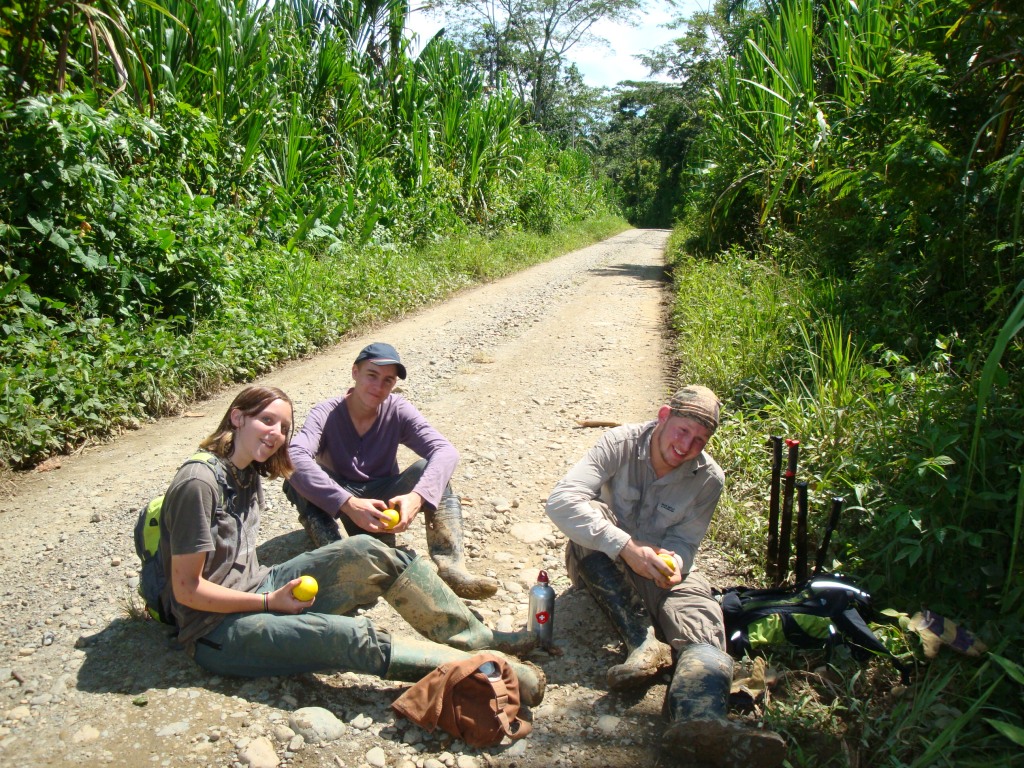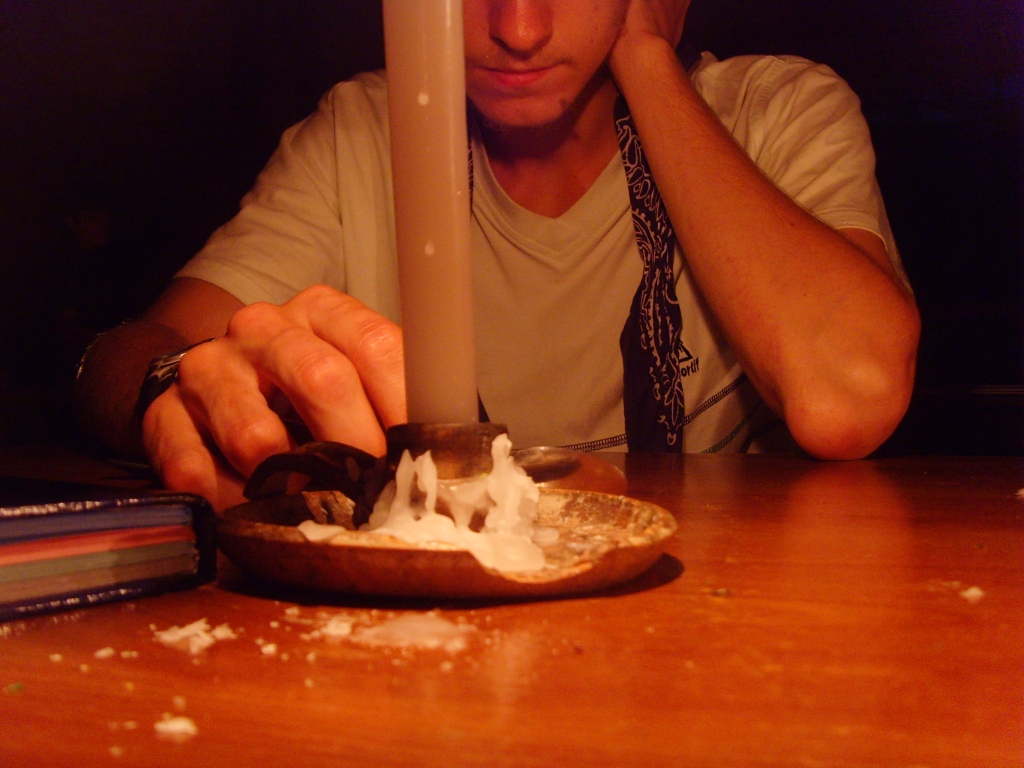Leaving the Jungle and Rejoining Society
Last Updated on April 7, 2020 by Adam Watts
In 2009, I spent three months in the Amazon Rainforest in the Manu National Park in Peru. At the end of the three months volunteering, it was a 10-hour journey back to Cusco, the closest major city. The transition from leaving the jungle to rejoining civilized society is a stranger sensation than when you find yourself agreeing with something Mitt Romney says.
They say coming home after a long time away is a strange feeling, probably because of the home comforts and old friends and the familiar feeling of your toilet seat when you sit on it again after so long. But coming from the jungle, where there’s no contact with the outside world and all you do every night is sit and talk by candlelit, and re-enter a city, where the closest thing to a “natural” sound is a particularly fruity fart, you cannot begin to imagine the shock.
The first part of the journey was undertaken by boat, from our wooden tree houses, heading upriver to a tiny port village. That’s jungle. That’s what I was used to. Then we got on a bus-cum-truck and rattled along winding roads up and around and through the Andes. You take a break in a few places to grab a red banana off a tree (you heard me) or take a piss by a bush while staring eagle-eyed around for any snakes or spiders or anything else that might kill you while you’re at your most vulnerable.
Eventually it’s dark and you’re tired – no, exhausted – and haunted with the travel. Your mind is alive with memories of the last three months, thinking over the things you did, the things you saw, the friends you made, and then suddenly you notice the road is suddenly not bumpy anymore. Your head is no longer in danger of snapping forward and cracking on the metal bar of the seat in front of you.
You’re on a tarmac road. Then you see lamp posts and headlights. Before you know it you’re passing a petrol station with a big neon sign and some billboards. Cars are honking. You see the flashing red eyes of a fox scouting around a dumpster. The animals are shunned and pushed to the edges and there are no plants or trees around anywhere.
But the hardest thing to get used to, after living for a time with only the bare basics, is the sheer speed of cities. In the jungle we ate our dinner at a long table, everyone together, then people would inevitably break off into groups to talk or play cards or have someone play guitar. We flapped at dumb bugs and watched candles burn down to announce bedtime.
On quiet afternoons I remember often wandering along our stony beach with a girl and spending a few hours just doing nothing. There was no hurry: no jobs to get to, no doctor’s appointments, no preachy charity ads on TV that make you feel bad about the life you have.
That lifestyle becomes normal. Then when you return to a city, you can’t help but think everyone is on some kind of permanent adrenalin rush, with workers stopping at a McDonald’s on the way home from working late for some guy with a tie and a hair transplant. It’s sad.
I’m not saying we should all go live in the jungle, because cities were made for a reason. We like our smartphones, our obesity, and our double-glazed windows. That’s understandable. Those things are good. But you can’t begin to understand what those sorts of things really mean in your life until you’ve seen the other side.
That’s why leaving the jungle and rejoining proper society is the strangest sensation of all.









I love the comparison. Great writing 😀